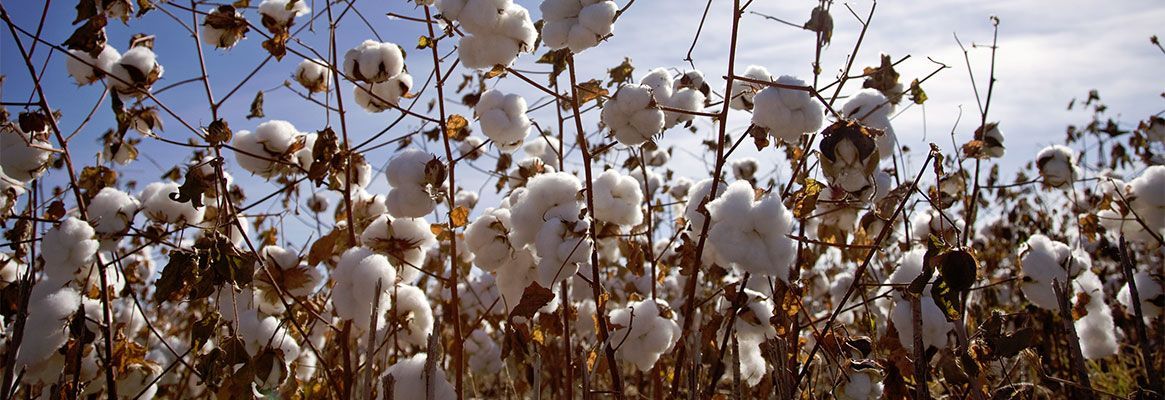In the world of textiles, the term "100% cotton" holds a certain allure. Many consumers associate it with high quality, comfort, and durability. But is 100% cotton truly a mark of excellence? In this article, we will delve deep into the realm of cotton fabrics, exploring their characteristics, benefits, and potential drawbacks. By the end, you'll have a comprehensive understanding of whether 100% cotton truly deserves its reputation as a high-quality material.
- Understanding Cotton:
Cotton, a natural fiber derived from the cotton plant, has been a staple in the textile industry for centuries. Its popularity stems from its breathability, softness, and versatility. Cotton fibers possess unique properties that make them ideal for various applications, including clothing, bedding, and home textiles. - The Benefits of 100% Cotton:
When it comes to evaluating the quality of cotton fabrics, 100% cotton holds several advantages. Firstly, it is hypoallergenic, making it suitable for individuals with sensitive skin. Additionally, cotton fabrics are highly breathable, allowing air circulation and moisture absorption, which contributes to comfort. Furthermore, cotton is known for its durability, with proper care and maintenance ensuring long-lasting products. - Factors Influencing Cotton Quality:
While 100% cotton is often associated with high quality, it's important to consider various factors that can affect the overall quality of cotton fabrics. These factors include the cotton variety, fiber length, yarn count, and fabric construction. Cotton sourced from premium varieties, such as Egyptian or Pima cotton, tends to have longer and stronger fibers, resulting in a smoother and more luxurious fabric. Similarly, a higher yarn count and tighter fabric construction contribute to increased durability and a finer texture. - Potential Drawbacks of 100% Cotton:
Despite its many advantages, 100% cotton does have a few potential drawbacks. One significant concern is its tendency to shrink when exposed to heat or moisture. This shrinkage can affect the fit and shape of garments, necessitating careful laundering and sizing considerations. Additionally, cotton fabrics may wrinkle easily, requiring ironing or steaming to maintain a polished appearance. - The Context of Quality:
When evaluating the quality of cotton fabrics, it's crucial to consider the intended use and personal preferences. While 100% cotton may be the preferred choice for certain applications, such as breathable summer clothing or bedding, other scenarios may call for alternative materials. For instance, performance fabrics blended with synthetic fibers can offer enhanced moisture-wicking properties or stretch for athletic wear.
Conclusion:
In conclusion, 100% cotton can indeed be considered a high-quality fabric, given its natural properties, comfort, and durability. However, the true quality of cotton fabrics extends beyond the mere presence of 100% cotton. Factors such as cotton variety, fiber length, yarn count, and fabric construction all contribute to the overall quality and performance of cotton products. By understanding these nuances and considering individual needs, consumers can make informed decisions when selecting cotton-based items. So, the next time you encounter the label "100% cotton," you'll have a deeper appreciation for its true quality and suitability for your specific requirements.

